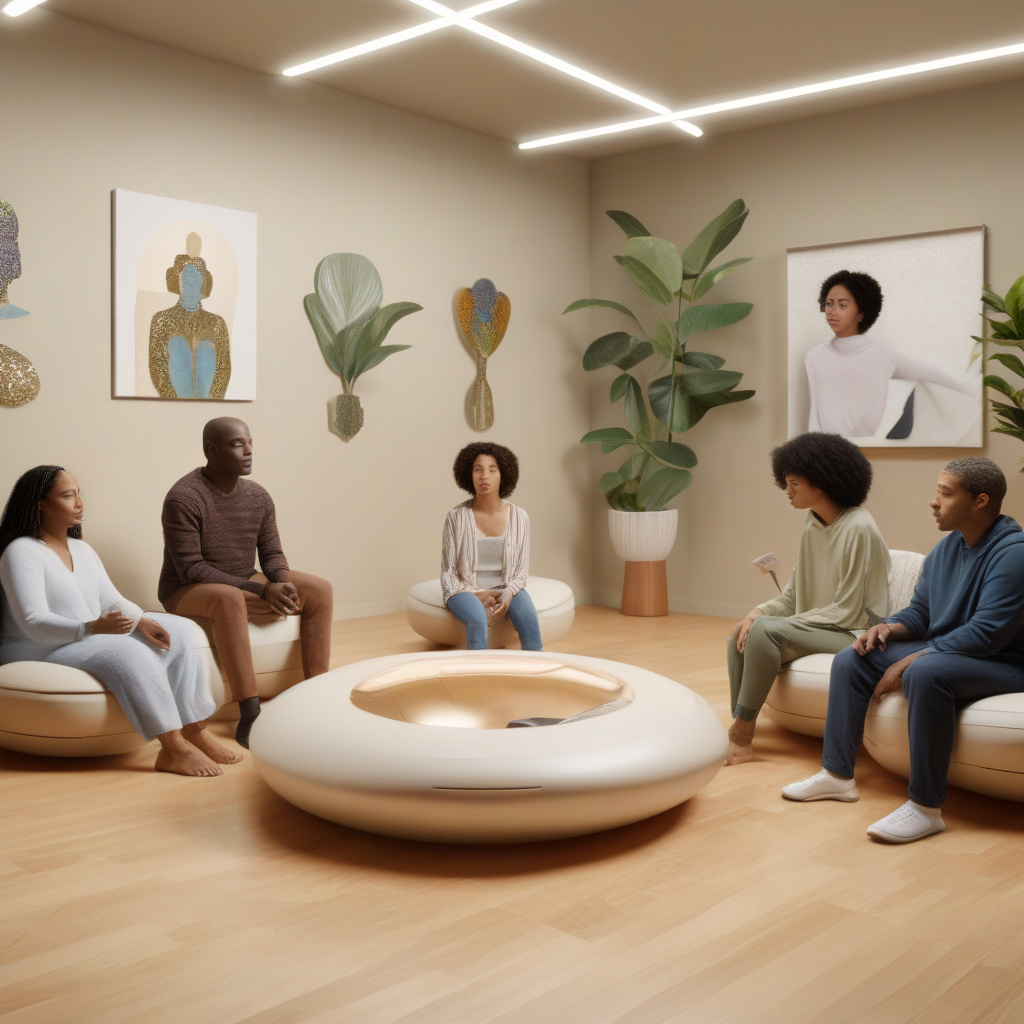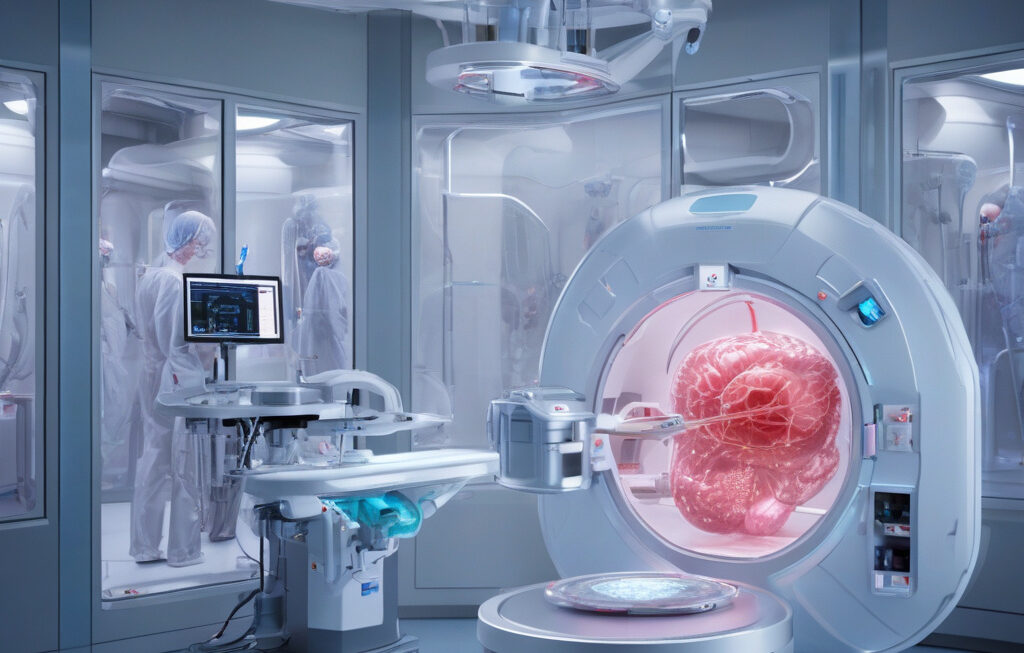Music and AI: A Powerful Duo Revolutionizing Mental Health Innovations
In the realm of mental health, traditional methods of therapy and emotional support are constantly evolving to meet the diverse needs of individuals. One of the most intriguing developments in this field is the fusion of music and artificial intelligence (AI) to create innovative and effective solutions for mental well-being. AI-generated and human-composed music are now being tested as ethical, scalable tools to provide therapy and emotional support, offering a promising new frontier in the treatment of mental health conditions.
The use of music as a therapeutic tool is not a new concept. For centuries, music has been recognized for its ability to evoke emotions, calm the mind, and provide solace during times of distress. In recent years, researchers and mental health professionals have begun to explore how AI can enhance the therapeutic potential of music, leading to the development of AI-generated music specifically designed to support mental health.
AI-generated music is created using algorithms that analyze vast amounts of data to compose music that is tailored to the listener’s emotional state and needs. These algorithms can take into account factors such as tempo, pitch, and harmony to create music that is soothing, uplifting, or energizing, depending on the individual’s requirements. By harnessing the power of AI, researchers believe that they can create music that is not only enjoyable to listen to but also has a measurable impact on the listener’s mental well-being.
One of the key advantages of AI-generated music is its scalability. Unlike traditional therapy methods that rely on one-on-one interactions with a therapist, AI-generated music can be accessed by anyone, anywhere, at any time. This scalability makes it an attractive option for individuals who may not have access to traditional mental health services or who prefer to manage their mental well-being in the comfort of their own homes.
In addition to AI-generated music, human-composed music is also being explored as a therapeutic tool for mental health. Music therapists work collaboratively with individuals to create music that reflects their emotions and experiences, providing a creative outlet for self-expression and emotional processing. By combining the expertise of music therapists with the precision of AI algorithms, researchers hope to develop personalized music therapy programs that are both effective and accessible to a wide range of individuals.
The potential applications of music and AI in mental health are vast. From helping individuals manage stress and anxiety to supporting those with mood disorders and trauma-related conditions, music therapy powered by AI has the potential to revolutionize the way we approach mental health care. As research in this field continues to advance, it is likely that we will see a growing number of AI-powered music therapy programs integrated into mainstream mental health services, offering individuals a new and innovative way to support their mental well-being.
In conclusion, the fusion of music and AI represents a powerful new frontier in mental health innovations. By harnessing the therapeutic potential of music and the precision of AI algorithms, researchers are paving the way for scalable, effective, and ethical solutions for supporting mental well-being. As these technologies continue to evolve, we can expect to see a transformation in the way we understand and address mental health, with music and AI playing a central role in this ongoing revolution.
Music, AI, MentalHealth, Therapy, EmotionalSupport












